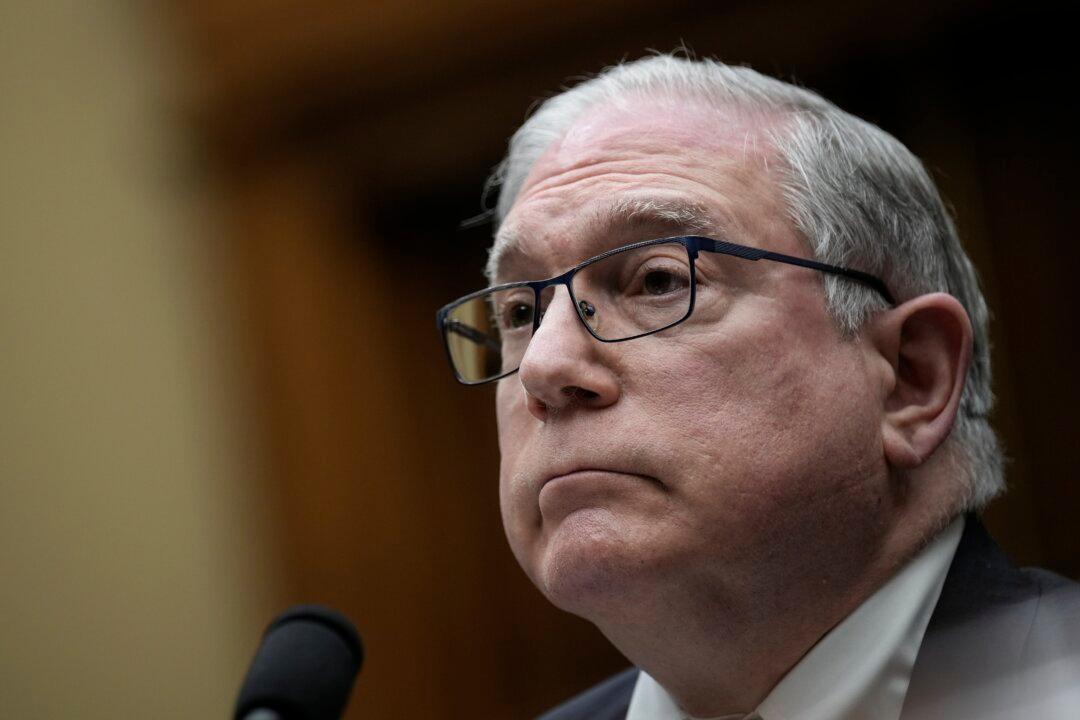The head of the U.S. National Institutes of Health (NIH) claimed in front of Congress on Feb. 8 that the United States has never funded a category of risky research in China, and that the work that was funded by America could not have led to the COVID-19 pandemic. Critics say both assertations are dubious or false.
Dr. Lawrence Tabak, the acting NIH director, told members of Congress that the NIH is not financially supporting any research in foreign countries involving enhanced potential pandemic pathogens (ePPPs), or pathogens that are highly transmissible and virulent and result from enhancing the transmissibility and/or virulence of a pathogen.





